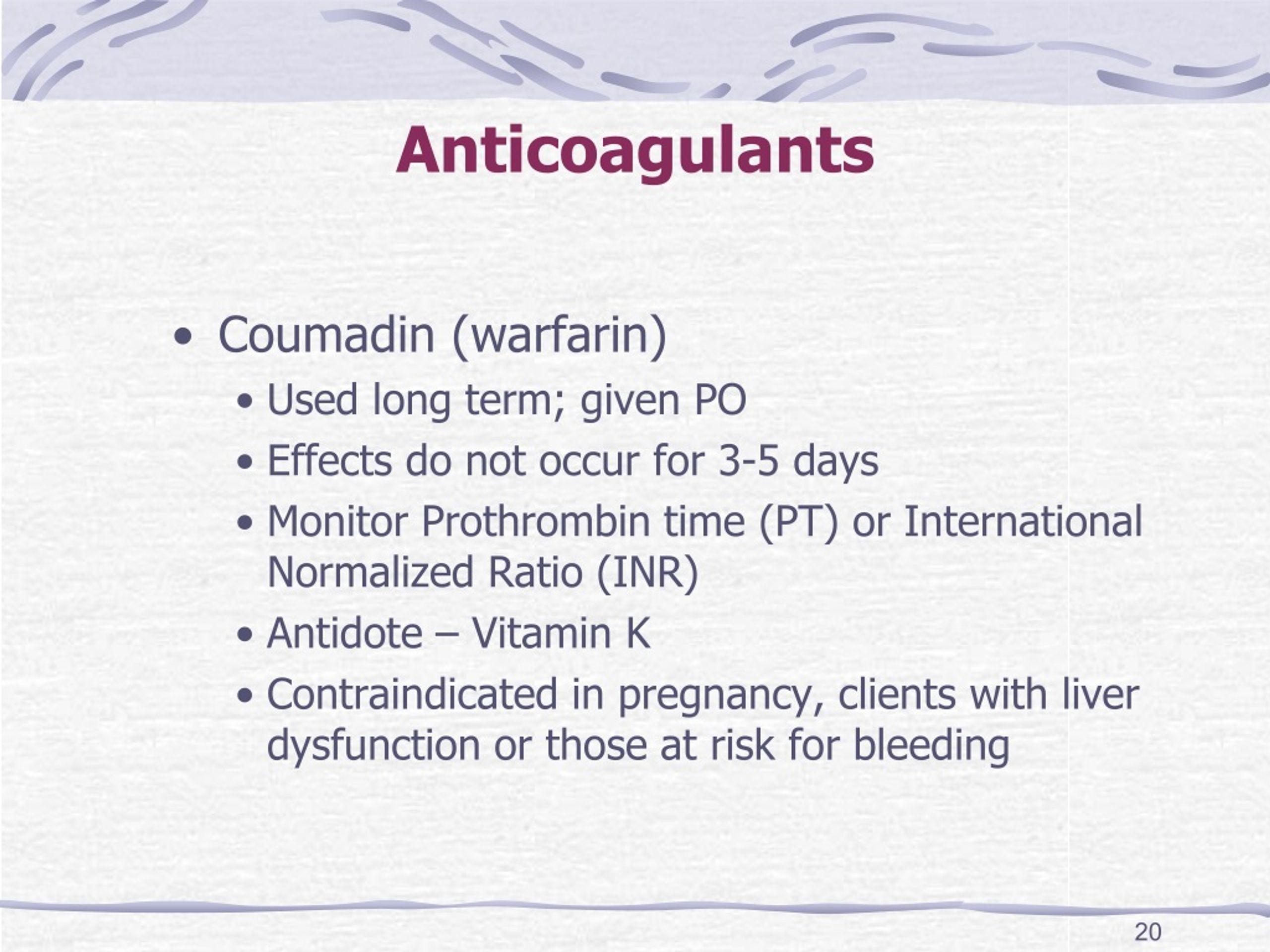

In vitro and in vivo studies of the novel antithrombotic agent BAY 59–7939–an oral, direct Factor Xa inhibitor. Antithrombotic activity of PRT54021, a potent oral direct factor Xa inhibitor, can be monitored sing a novel prothrombinase inhibition bioassay. Autoproteolysis or plasmin-mediated cleavage of factor Xaα exposes a plasminogen binding site and inhibits coagulation. Effect on inhibition by antithrombin, prothrombinase assembly, and enzyme activity. Kinetics of blood coagulation factor Xaα autoproteolytic conversion to factor Xaβ. Recombinant human factor VIIa and a factor VIIa-analogue reduces heparin and low molecular weight heparin (LMWH)-induced bleeding in rats. Recombinant factor VIIa as an antidote for anticoagulant treatment. Prothrombin complex concentrates for oral anticoagulant therapy-related intracranial hemorrhage: a review of the literature.

Managing bleeding in anticoagulated patients with a focus on novel therapeutic agents. Bleeding risk and the management of bleeding complications in patients undergoing anticoagulant therapy: focus on new anticoagulant agents. Incomplete reversal of enoxaparin toxicity by protamine: implications of renal insufficiency, obesity, and low molecular weight heparin sulfate content. Apixaban in patients with atrial fibrillation. Randomised, parallel-group, multicentre, multinational phase 2 study comparing edoxaban, an oral factor Xa inhibitor, with warfarin for stroke prevention in patients with atrial fibrillation. Apixaban versus warfarin in patients with atrial fibrillation. Rivaroxaban versus enoxaparin for thromboprophylaxis after total knee arthroplasty. r-Antidote has the potential to be used as a universal antidote for a broad range of fXa inhibitors. In rats, r-Antidote administration dose-dependently and completely corrected increases in blood loss resulting from ATIII-dependent anticoagulation by enoxaparin or fondaparinux. The effect of r-Antidote was mediated by reducing plasma anti-fXa activity and the non–protein bound fraction of the fXa inhibitor in plasma.


In rabbits treated with the direct fXa inhibitor rivaroxaban, r-Antidote restored hemostasis in a liver laceration model. r-Antidote dose-dependently reversed the inhibition of fXa by direct fXa inhibitors and corrected the prolongation of ex vivo clotting times by such inhibitors. This recombinant protein (r-Antidote, PRT064445) is catalytically inactive and lacks the membrane-binding γ-carboxyglutamic acid domain of native fXa but retains the ability of native fXa to bind direct fXa inhibitors as well as low molecular weight heparin–activated antithrombin III (ATIII). We designed and expressed a modified form of fXa as an antidote for fXa inhibitors. Inhibitors of coagulation factor Xa (fXa) have emerged as a new class of antithrombotics but lack effective antidotes for patients experiencing serious bleeding.


 0 kommentar(er)
0 kommentar(er)
